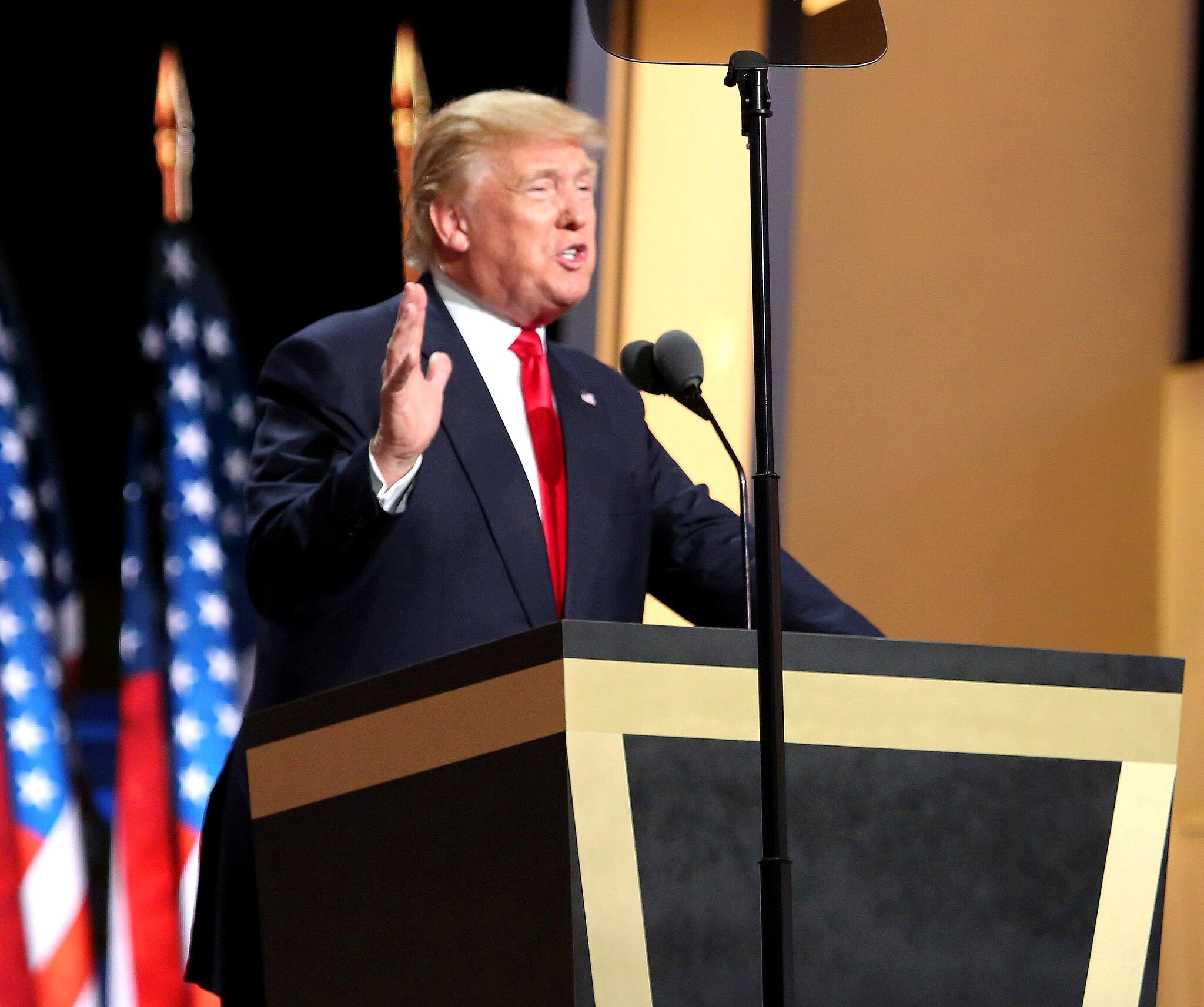In a dramatic move, President Donald Trump has signed an executive order suspending security clearances for lawyers and employees of the prestigious New York law firm Paul, Weiss, Rifkind, Wharton & Garrison. The order also restricts the firm’s access to federal buildings and officials, marking an unprecedented action against a major legal institution.
The executive order alleges that Paul Weiss engaged in activities deemed contrary to national security interests, although the administration has not provided specific details. White House Press Secretary Karoline Leavitt defended the decision, stating that the firm’s actions posed risks that required immediate intervention to safeguard sensitive government information.
Paul Weiss, known for its high-profile clients and legal expertise, responded with shock and strong opposition. In an official statement, the firm categorically denied any wrongdoing and reaffirmed its commitment to ethical legal practice. It has vowed to challenge the order in court, arguing that the move is politically motivated and lacks legal justification.
Legal experts have expressed concern over the implications of the order, warning that it could set a dangerous precedent for government interference in the legal profession. David McBride, a constitutional law professor at Georgetown University, described the action as “unprecedented and deeply troubling,” adding that targeting a specific law firm in this manner threatens the independence of the legal system.
This development intensifies the ongoing tension between the Trump administration and legal entities involved in politically sensitive matters. It raises serious questions about the balance between national security and the autonomy of the legal profession. As the situation unfolds, the legal community is closely monitoring how this decision may impact attorney-client relationships, the confidentiality of legal communications, and the broader independence of law firms across the country.


